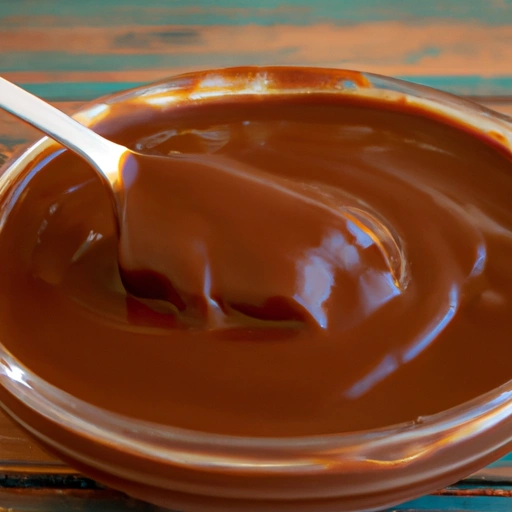Dulce de Leche
Description

Dulce de Leche is a rich and creamy caramel-like sauce that's a staple in Latin American cuisine. It's known for its sweet, milk-based flavor, which comes from slowly heating sugar and milk until they reach a golden brown hue and a thick, saucy consistency. This delectable ingredient has become popular all over the world, used in a variety of sweet treats and desserts.
Common uses
Dulce de Leche is commonly used as a spread, a topping for ice cream, a filling for cakes and pastries, or even as an ingredient in sweets and confections. It adds a sweet, creamy, and smooth caramel flavor that is irresistibly delicious.
Nutritional value
Calories
A 2 tablespoon serving (about 40g) of Dulce de Leche provides roughly 120 calories.
Protein
Each serving contains about 2g of protein.
Fat
The fat content is approximately 3g per serving, with saturated fat being the predominant type.
Carbohydrates
Carbohydrates are present at about 21g per serving, mostly from sugars.
Vitamins
Dulce de Leche contains small amounts of calcium and vitamins, particularly vitamin B2 (Riboflavin).
Minerals
There are trace amounts of minerals such as calcium and potassium.
Health benefits
While Dulce de Leche is high in sugar and calories, it also provides some calcium and protein. Enjoyed in moderation, it can be part of a balanced diet.
Potential risks
The high sugar and fat content can pose health risks if consumed in excess, potentially leading to weight gain and related conditions. People with lactose intolerance or dairy allergies should avoid it.
Common recipes
Dulce de Leche is used in various recipes including Alfajores, Dulce de Leche cheesecake, and Banoffee pie.
Cooking methods
It can be made by simmering a can of sweetened condensed milk or by slowly reducing a mixture of milk and sugar.
Pairing with other ingredients
This sweet spread pairs well with chocolate, vanilla, coffee flavors, and can complement fruit like bananas and apples.
Summary
Dulce de Leche, with its creamy caramel flavor, is a beloved confection that's used in a myriad of desserts around the globe. Though high in sugar, it can add a deliciously sweet touch to your cooking when used sparingly.